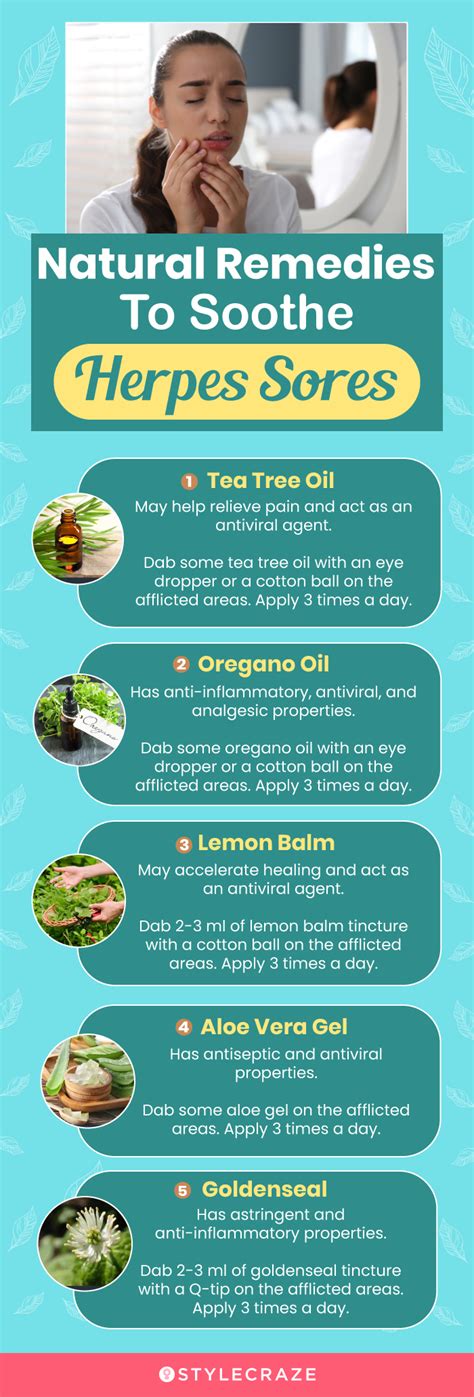How to Heal Herpes Sores Faster: Home Remedies and Medical Treatments
Herpes sores, or cold sores, are a common and frustrating problem caused by the herpes simplex virus (HSV). While there's no cure for HSV, you can significantly reduce the duration and severity of outbreaks with the right approach. This guide explores effective home remedies and medical treatments to help you heal herpes sores faster.
Understanding Herpes Outbreaks
Before diving into treatments, it's crucial to understand what triggers outbreaks. Common triggers include:
- Stress: Stress weakens the immune system, making you more susceptible to outbreaks.
- Sun Exposure: UV rays can irritate the skin and trigger a flare-up.
- Illness: When your body fights off an illness, it can sometimes lead to a herpes outbreak.
- Hormonal Changes: Fluctuations in hormones, such as during menstruation, can also play a role.
- Fatigue: Lack of sleep and exhaustion can weaken your immune system.
Understanding your triggers is the first step in preventing future outbreaks.
Home Remedies to Soothe Herpes Sores
Several home remedies can help soothe the discomfort and potentially speed up healing:
1. Ice Compresses:
Applying ice compresses to the affected area can reduce pain, swelling, and inflammation. Wrap ice in a thin cloth and apply for 10-15 minutes at a time, several times a day.
2. Warm Compresses:
In contrast to ice, warm compresses can help draw out fluids and promote healing. Use a clean, warm cloth and apply gently for a few minutes.
3. Aloe Vera:
The soothing properties of aloe vera gel can help alleviate pain and promote healing. Apply a small amount of pure aloe vera gel directly to the sore several times a day. Avoid aloe vera products containing alcohol or fragrances.
4. Chamomile Tea Compress:
Chamomile has anti-inflammatory properties. Steep a chamomile tea bag in warm water, let it cool slightly, and apply the tea bag to the sore for a few minutes.
Medical Treatments for Herpes Sores
While home remedies can provide relief, medical treatments offer more potent options for faster healing:
1. Antiviral Medications:
Prescription antiviral medications, such as acyclovir, valacyclovir, and famciclovir, can significantly shorten the duration and severity of outbreaks. These medications work by inhibiting the herpes virus's replication. It's crucial to consult a doctor for a prescription.
2. Pain Relievers:
Over-the-counter pain relievers like ibuprofen or acetaminophen can help manage pain and discomfort associated with herpes sores.
3. Topical Creams:
Some topical creams containing lidocaine or benzocaine can provide temporary pain relief.
Preventing Future Outbreaks
Preventing future outbreaks is key to managing herpes. Here are some tips:
- Manage Stress: Practice stress-reducing techniques such as yoga, meditation, or deep breathing exercises.
- Protect Your Lips: Use a lip balm with SPF 30 or higher to protect your lips from sun exposure.
- Maintain a Healthy Lifestyle: Get enough sleep, eat a balanced diet, and exercise regularly to strengthen your immune system.
- Avoid Touching Sores: Avoid touching or picking at the sores to prevent spreading the virus.
When to See a Doctor
Consult a doctor if:
- You experience severe pain or discomfort.
- The sores are unusually large or numerous.
- The sores don't heal within a reasonable timeframe.
- You experience symptoms beyond the typical cold sore, such as fever or swollen lymph nodes.
By combining home remedies and, when necessary, medical treatments, you can effectively manage herpes outbreaks and significantly improve your overall well-being. Remember, consistency and a proactive approach are vital in managing this common condition.
